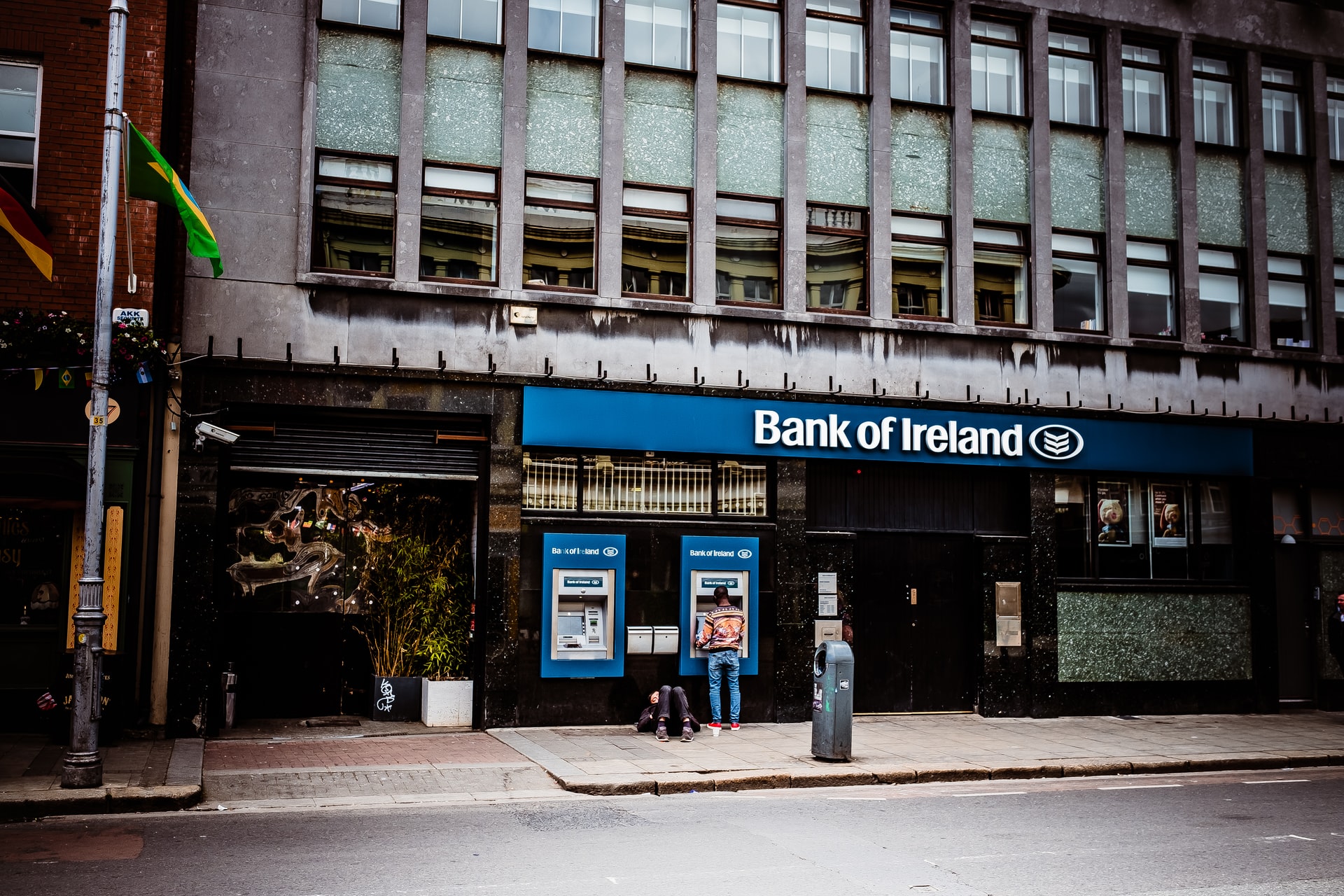Debt Factoring is another term used to describe invoice factoring – a process whereby a business will raise an invoice for work completed, pass this to the Debt Factoring provider who will then chase the payment from the debtor on behalf of their client.
Let’s get the boring boring bureaucratic bit out of the way first.
Debt Factoring is not a loan. It is an alternative method of financing for a business relying solely on the value of its outstanding invoices. A company which has run out of money, and needs an immediate cash injection to get over a hurdle until a new influx of cash arrives, could well benefit from a Debt Factoring arrangement.
A business will still pay for Debt Factoring services, as the companies are still in the business of billing up front for invoices sent out.
Debt Factoring can take many forms, depending on the client and commercial considerations. For example the client can chose to have a limited amount of invoices factored per month, or even receive a weekly or monthly instalment based on the value of the invoices.
When you hear the term invoice factoring – it is a general term used to describe many different variations of the invoice factoring process. Whereas the term ‘debt factoring’ is much more specific, and refers to Invoice Factoring which is in line with UK Statutory Regulation.
Debt Factoring is the area of invoice finance that is regulated by the UK government, and under the Small Business, Enterprise and Employment Act 2015. This lays out the framework within which companies must operate in order to operate within the regulated sector.
If you are thinking about Debt Factoring for your business then there are a number of questions that you must ask.
Does the company you are thinking of using understand your business and have specific solutions for your needs and challenges in the business environment you operate in?
As your needs can change over time – ask them if you will be able to discuss this with them as part of their service.
Is the Debt Factoring provider claiming to offer a full service, or do they send you off to a third party for the disbursement of the cash?
As Debt Factoring is an extremely complex process which requires very specific skills it is important to know if the option offered is an all in service – or a one off specialists option. If the former – find out how they will deal with the disbursement of the cash, as this is a specialist part of the process that must be dealt with as quickly as possible, otherwise the creditor might seek to claim the money back.
Who will deal with the biller, or – if they don’t deal with the biller – who will be your first point of contact should there be an issue with payment?
This is another big ticket item as the creditor will be billed by the company you have chosen, whereas it is rare not to speak to your own biller directly if you have a problem with payment.
What service is available to you if the money is not collected in the contracted time?
This is a significant issue – as a creditor might well go to a new provider for a new factoring account. This would then lead to your company having to go through the whole process again. Make sure that you can review your Debt Factoring provider at short notice if you feel that you are not getting what you want out of the debt factoring arrangement.
Does the provider offer a payment protection? And if so – what kind of one works best?
It is important to discuss what happens in the event of non payment, and the time scale over which this happens.
Debt Factoring is a sophisticated service, so spend some time researching this before you make your decision.
















